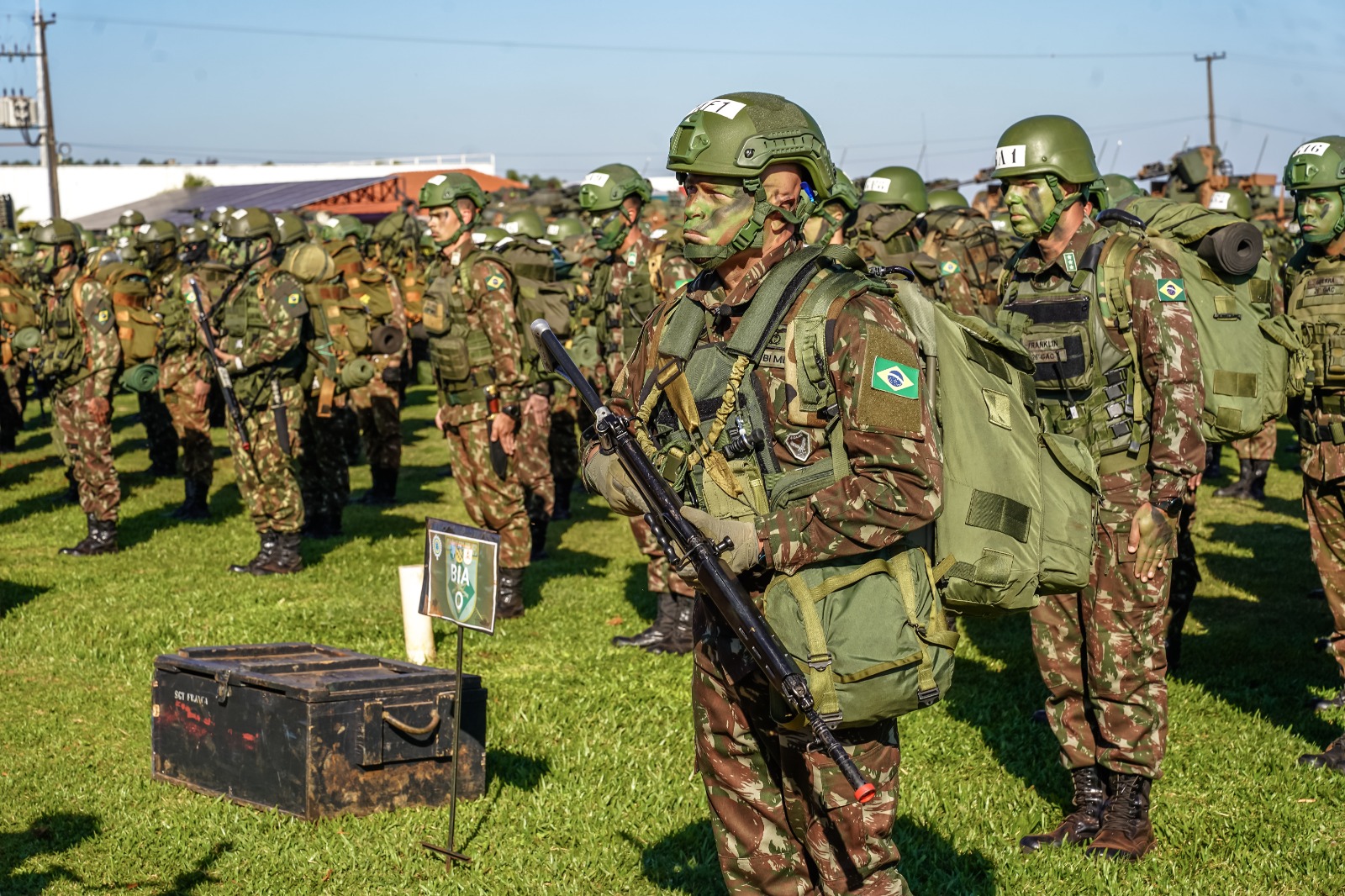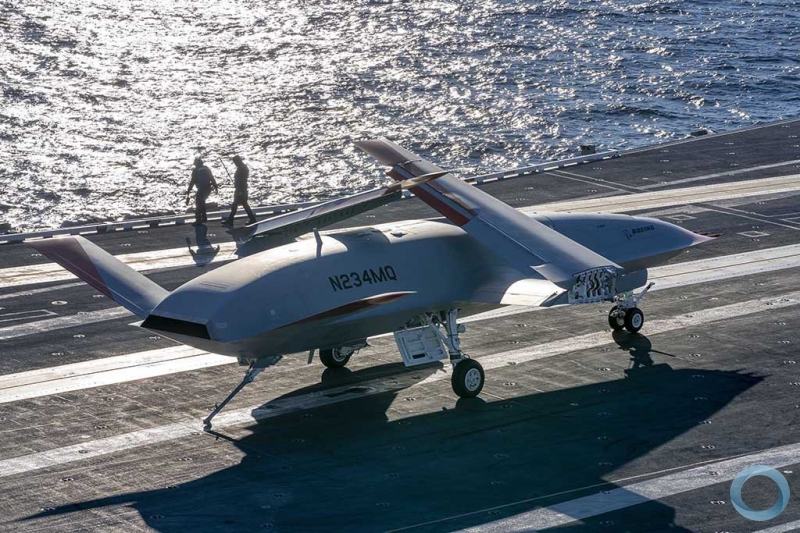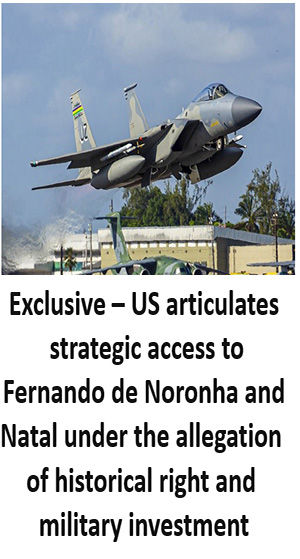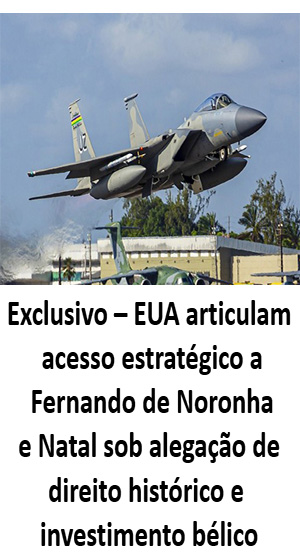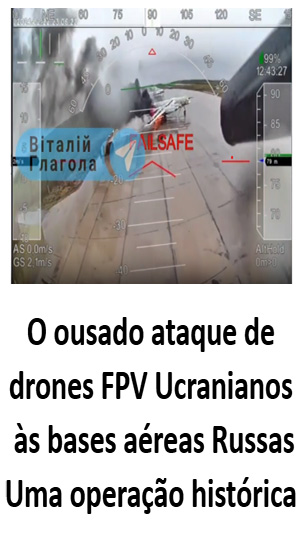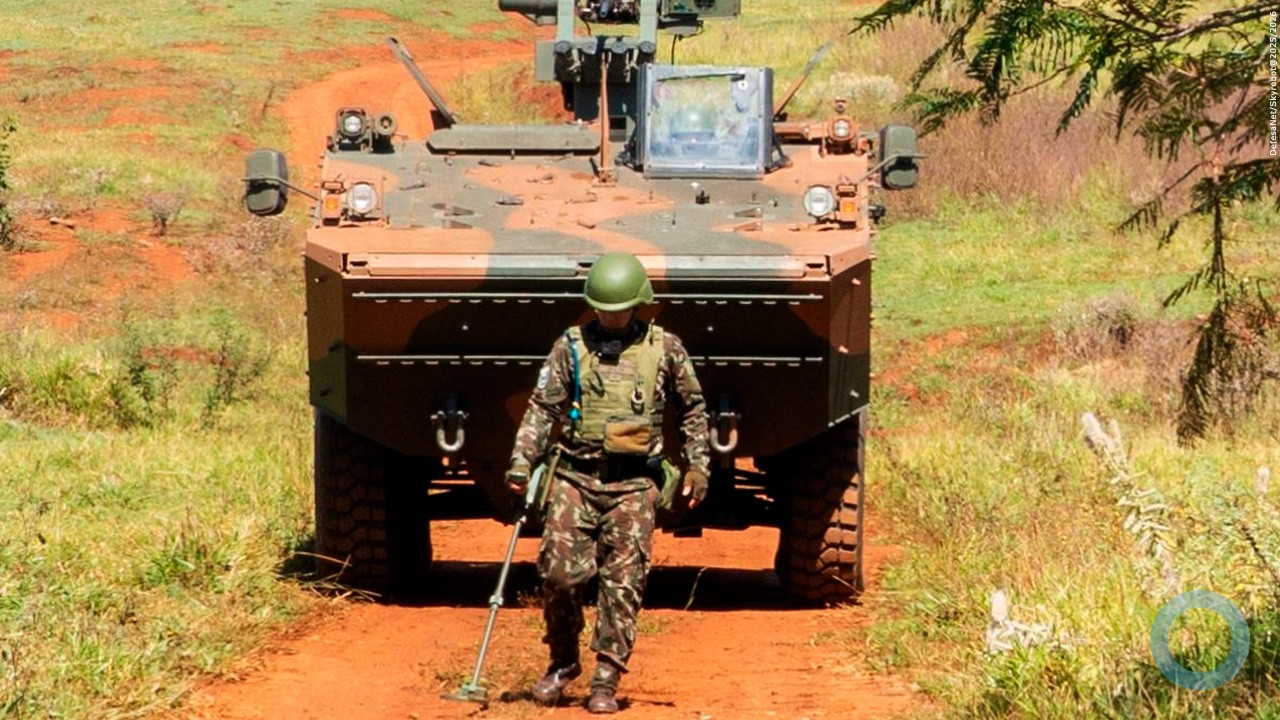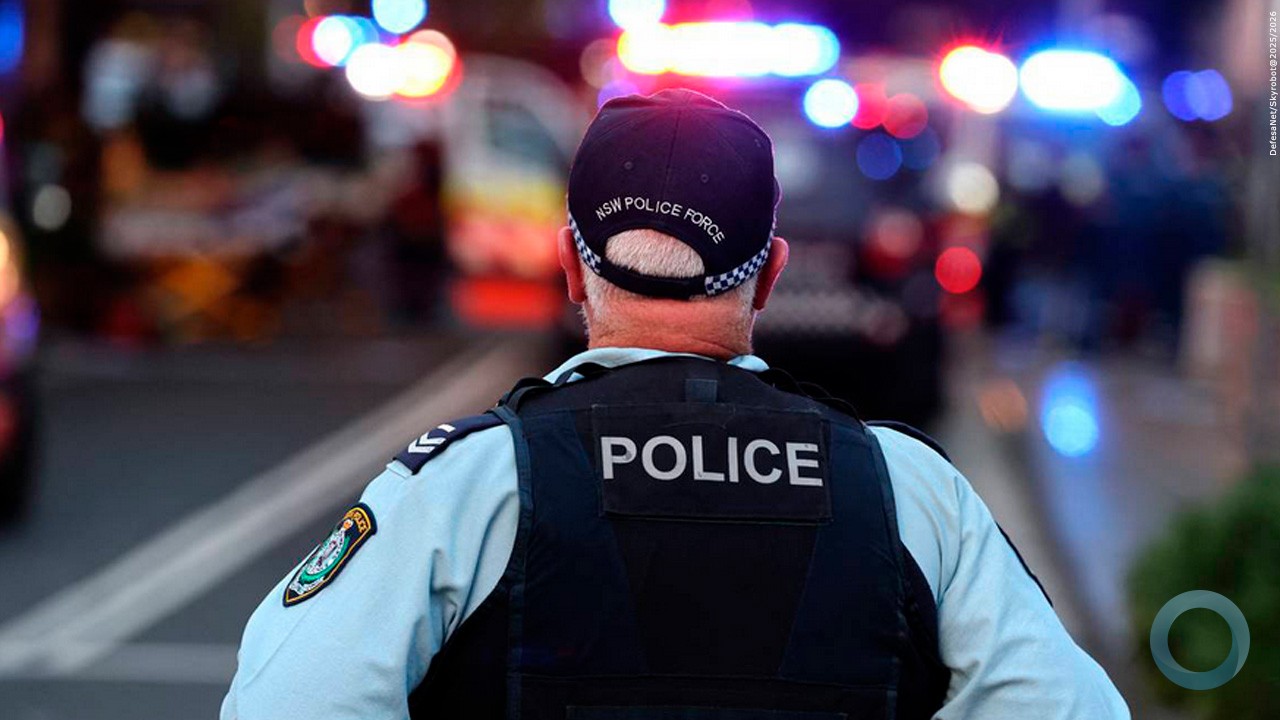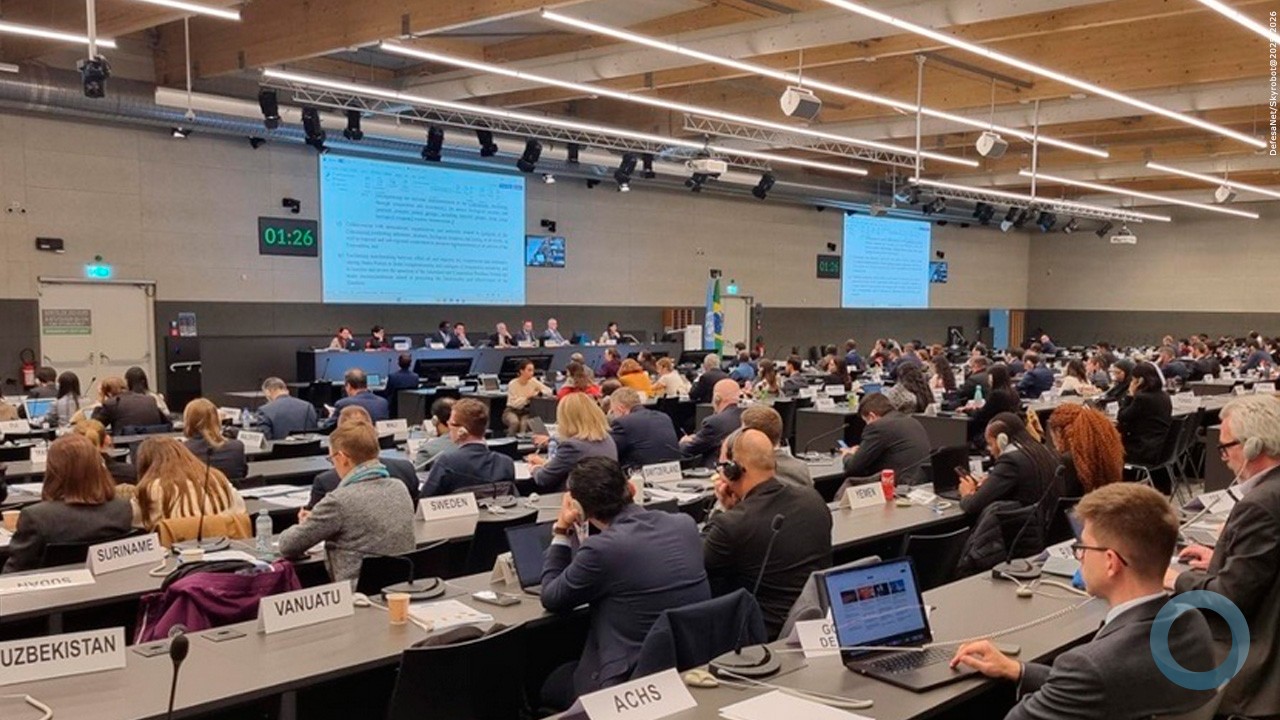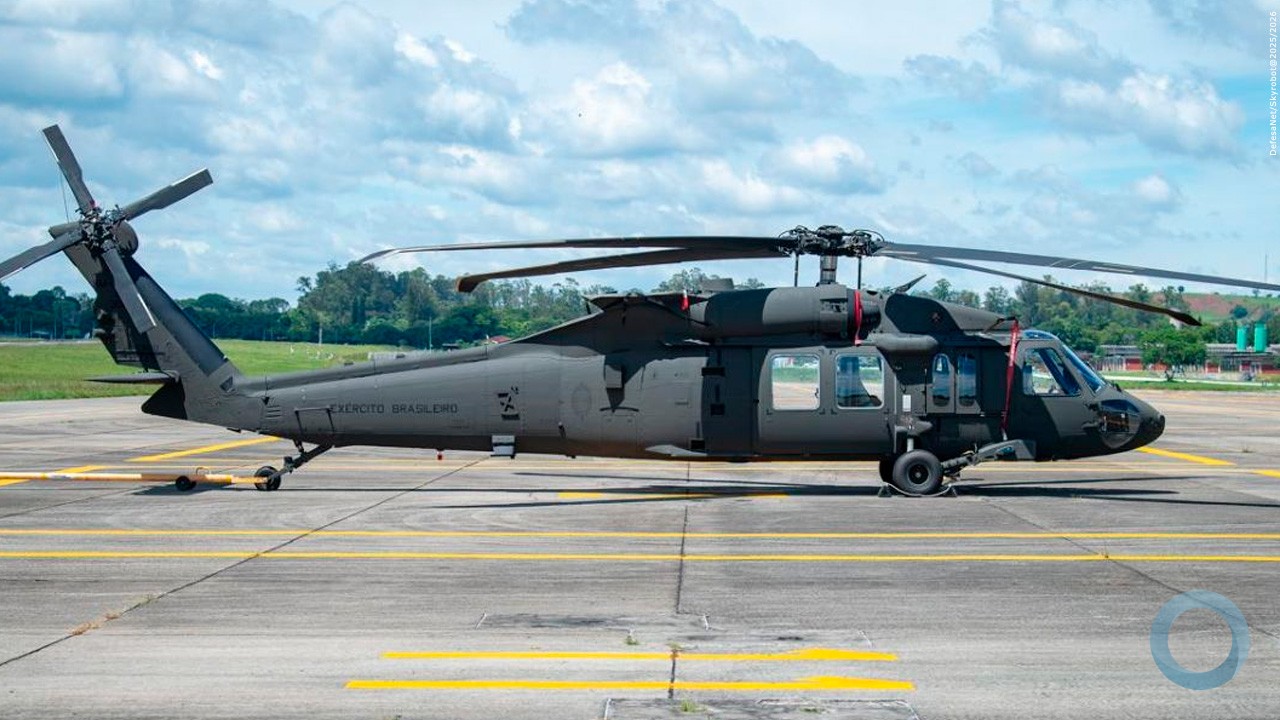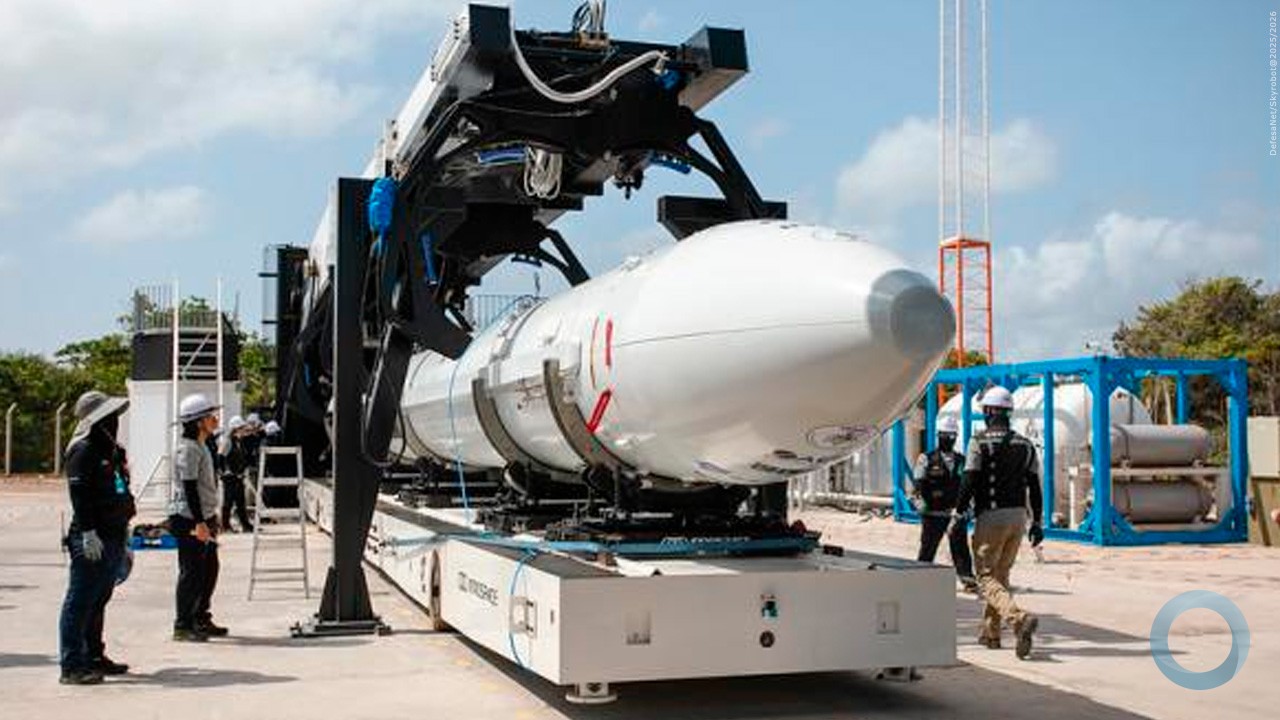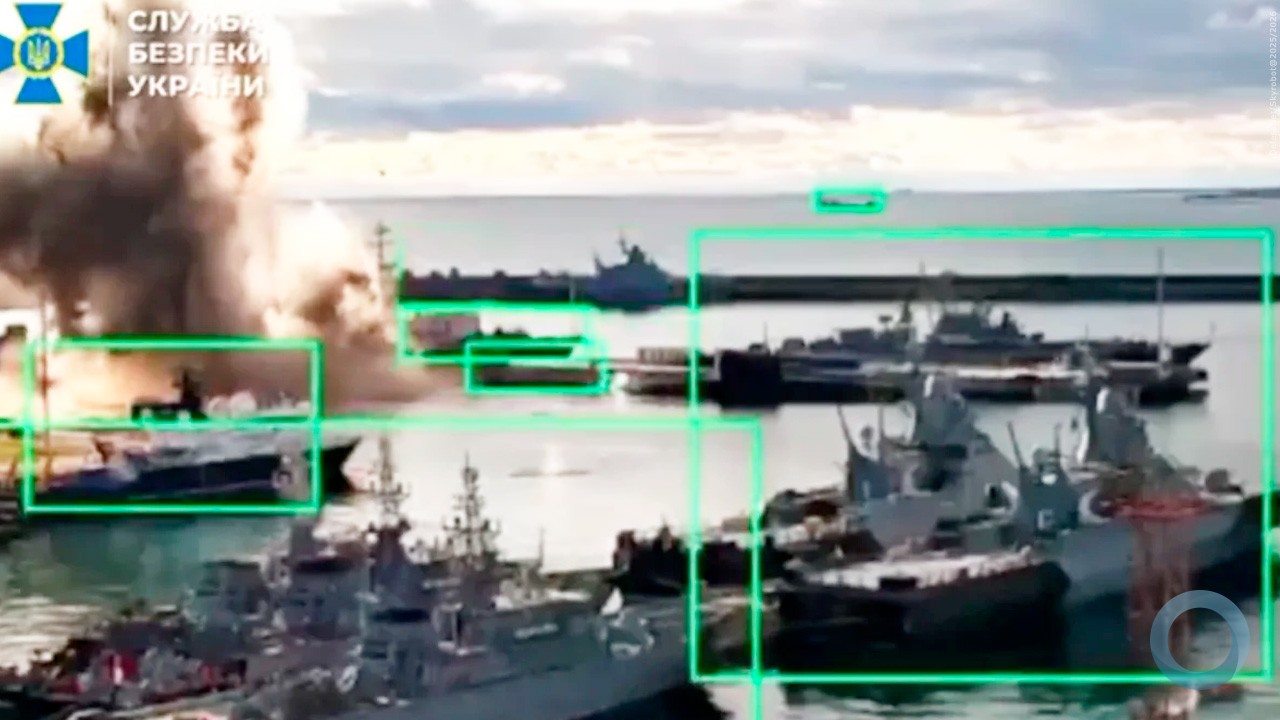The security forces employed in the Rio 2016 Olympic Games staged a simulated chemical and radioactive attack Thursday morning (Jul. 28) at the Mané Garrincha National Stadium, in Brasília. Altogether, a hundred Army soldiers took part in the drill as mock victims of the detonation of an explosive placed on be bleachers.
The stadium will host Rio 2016 football matches, starting on August 4.
Outside the arena, medical care and decontamination tents have been set up. Teams from the Army, the Military Police, the Fire Department, and the Civil Defense participated in the simulation. Journalists were not allowed to watch the testing inside the stadium.
According to the Planalto Military Command, potential chemical attacks are no cause for particularly great concern compared to other threats. More exercise drills are slated for Thursday in the capital city.
Also on Thursday, explosive inspection efforts have been stepped up on a number of thoroughfares. A control station was placed on the main road leading to Brasília in a bid to prevent the entry of controlled material in the city.

Altogether, a hundred Army soldiers took part in the drill as mock victims of the detonation of an explosive placed on be bleachers.Marcelo Camargo/Agência Brasil
São Paulo
The Army's Area Defense Command in São Paulo city also carried out its official anti-terrorism training drill on Thursday, in preparation for the Olympic Games. The city is to host ten men's and women's football matches at the Corinthians Arena from August 3 to 19.
Inside the stadium, where the press was not permitted to enter for safety reasons, a drill was staged with the explosion of a “dirty bomb,” a bomb that causes chemical or radiological contamination.
Four snipers positioned inside the arena counterattacked with blank cartridges. Next, the stadium was evacuated and victims were taken to the decontamination stations of the Defense Batallion.
The Army did not announce the number of people who took part in the simulation, but reported that 3 thousand military men of the Armed Forces and five aircrafts will be made available during the Games in São Paulo.
According to Army Colonel Marcelo Maia Chiesa, the tests were conducted in order to ascertain the protocols established by the institutions to ensure the security of both tourists and the population. “Even if no threats are reported, we must be prepared to respond at all times, in case it happens,” he declared.






